Feasible research in terms of scope, time, resources, and expertise
Changing the face of medicine versus completing a research study
That being said, I spend a lot of my time with novice researchers using deductive reasoning to hone down their research questions into something tangible and feasible. They come into the office with an idea that will change medicine forever and we will be cruising around the Caribbean in a year! This has never been researched before! No one has ever done this before! Trust me, I want all of these proclamations to be true and I also want to change the face of medicine. Yet, most times it just not feasible to do so given the time, resources, participants, competencies and environment associated with the study.
I focus on a few primary areas when it comes to feasible research questions with my consultees:
1. Participant pool - Are there enough participants available in the immediate clinical or empirical environment to achieve adequate statistical power for inferential analyses? How will you recruit the participants? What are your inclusion and exclusion criteria? Inclusion and exclusion criteria may need to be modified to increase sample size.
2. Effect size - Small effect sizes require large sample sizes.
3. Research design - Retrospective designs are always more feasible because the data already exists.
4. Communication - Research never occurs in isolation. Researchers should communicate and collaborate with their peers regarding their research projects. Attendings and academic physicians can give you ideas on how to feasibly conduct your research.
5. Time - What is the time frame for the study from inception to publication? How much time do you have to set aside for the research study? Does the completion of your research coincide with abstract deadlines of interest?
6. Power analysis - Conduct an a priori power anlaysis based on an evidence-based measure of effect to see if the study is feasible in regards to sample size needed to achieve power.
